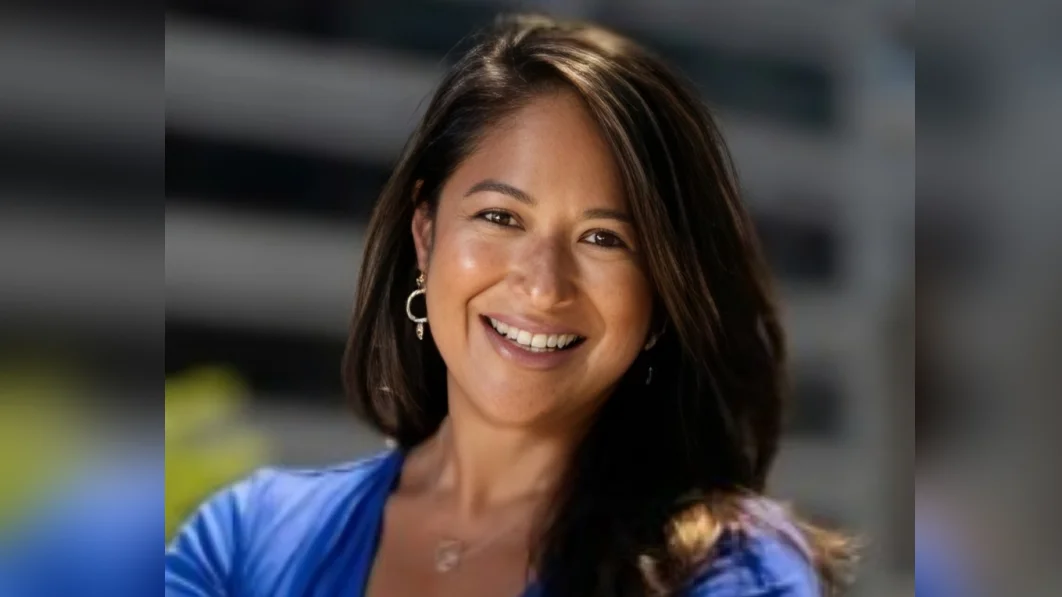
Stela Patron Senior Director, Business + Development | Official Website
In the early months of the new administration, education has undergone significant changes. The federal education department faces deep cuts, prompting a lawsuit from Democratic state attorneys general. An executive order tasks Education Secretary Linda McMahon with closing the department, which she describes as a "final mission" to give parents more control.
Amid these developments, school vouchers and education savings accounts are gaining traction in various states. Meanwhile, the U.S. Supreme Court is set to hear St. Isidore of Seville v. Drummond, an Oklahoma case involving a Catholic virtual school whose public charter was overturned by Oklahoma's high court. The school claims this denial constitutes religious discrimination.
William Koski, founder and director of Stanford Law School’s Youth and Education Law Project, explained the complexities of the case: "The archdiocese in one of the cities in Oklahoma wanted to start an online charter school called St. Isidore...and it was very explicit that the instruction...would be religious in nature." He noted that the attorney general sued, arguing that granting such a charter violated both state and federal constitutions.
The central question is whether denying public funds to St. Isidore constitutes religious discrimination under the First Amendment's free exercise clause or if providing such funds violates its establishment clause.
Koski pointed out potential implications: "It has implications for schools throughout the country...the fact that they're religious would not be a bar to that application if the court decides to overrule the Oklahoma Supreme Court."
He also highlighted concerns within traditional public charter school communities about possible shifts in funding dynamics: "There could be concern that...fewer charters would be granted to non-religious schools."
Justice Amy Coney Barrett has recused herself from this case. In case of a 4-4 decision, Koski explained: "Yes, the lower court decision stands and the tie sets no precedent for other circuits."
Koski emphasized that this case represents a significant moment: "This is a big deal...saying that a state could provide monies to do direct religious instruction [is] very different."
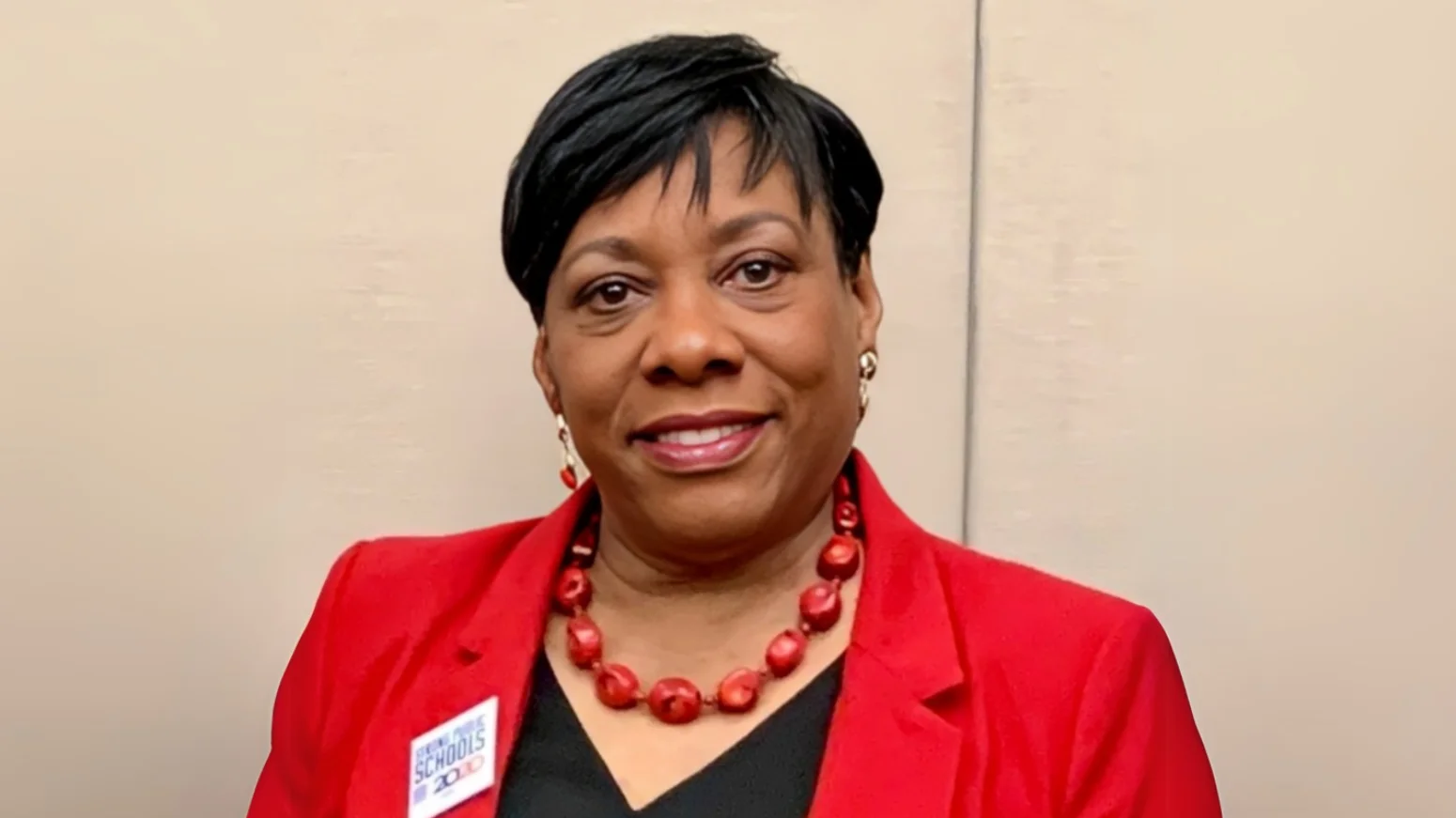
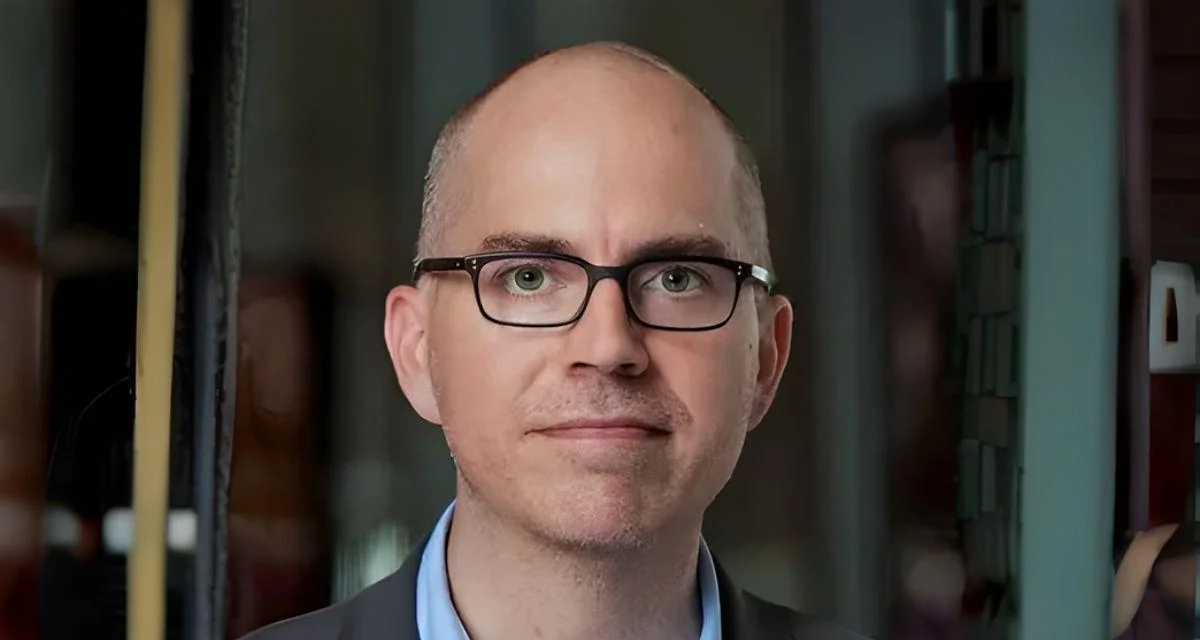

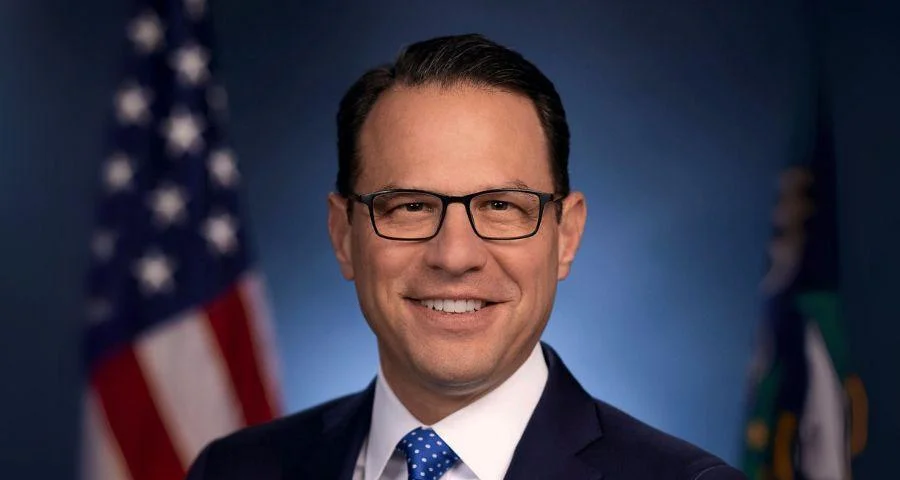
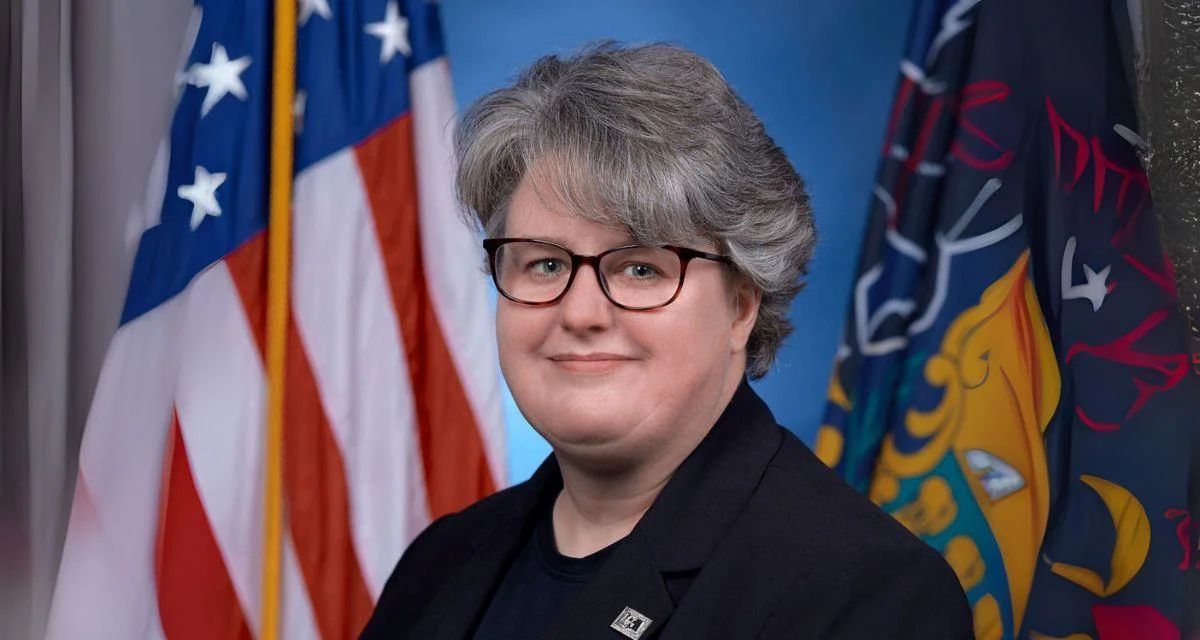
 Alerts Sign-up
Alerts Sign-up